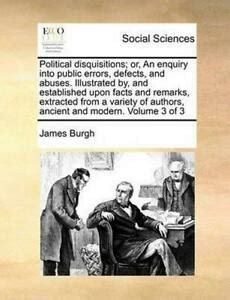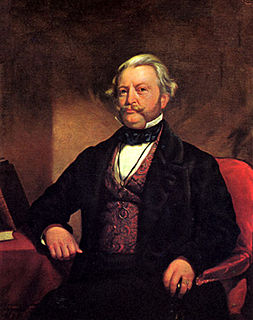A Quote by Alexander Hamilton
It is of the nature of war to increase the executive at the expense of the legislative authority.
Related Quotes
The constitution has divided the powers of government into three branches, Legislative, Executive and Judiciary, lodging each with a distinct magistracy. The Legislative it has given completely to the Senate and House of Representatives. It has declared that the Executive powers shall be vested in the President, submitting special articles of it to a negative by the Senate, and it has vested the Judiciary power in the courts of justice, with certain exceptions also in favor of the Senate.
The question whether the judges are invested with exclusive authority to decide on the constitutionality of a law has been heretofore a subject of consideration with me in the exercise of official duties. Certainly there is not a word in the Constitution which has given that power to them more than to the Executive or Legislative branches.
Yes, the Commission wants to increase its powers, Yes, it is a non-elected body and I do not want the Commission to increase its powers at the expense of the House, so of course we differ. The President of the Commission, Mr Delors, said at a press conference the other day that he wanted the European Parliament to be the democratic body of the Community. He wanted the Commission to be the Executive and he wanted the Council of Ministers to be the Senate. No! No! No!




























